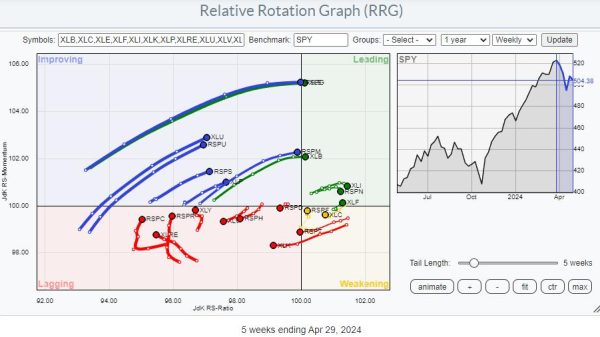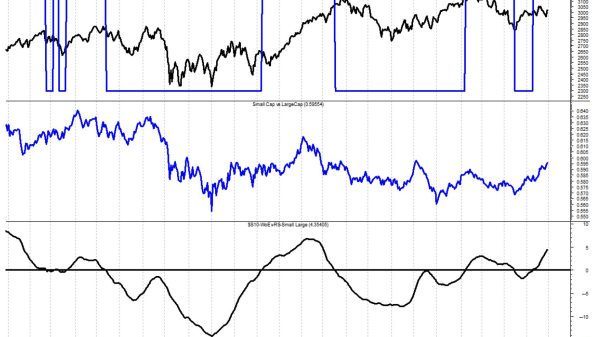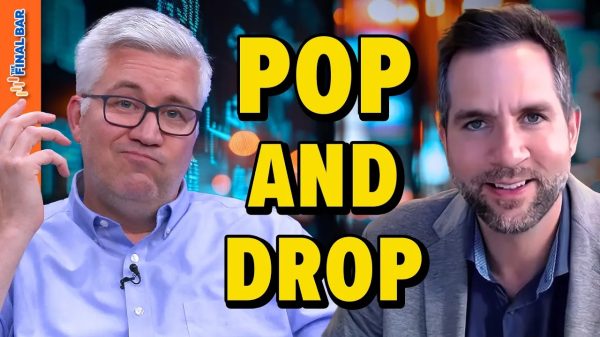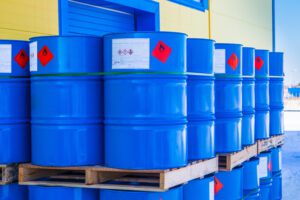The European Commission is poised to break a promise to outlaw all but the most essential of Europe’s hazardous chemicals, leaked documents show.
The pledge to “ban the most harmful chemicals in consumer products, allowing their use only where essential” was a flagship component of the European green deal when it was launched in 2020.
It was expected that between 7,000 and 12,000 hazardous substances would be prohibited from use in all saleable products in an update to the EU’s Reach regulation, including many “forever chemicals” – or per- and polyfluoroalkyl substances (PFAS) – which accumulate in nature and human bodies, and have been linked to various hormonal, reproductive and carcinogenic illnesses.
It is understood that the EU’s executive is on the brink of a climbdown under heavy pressure from Europe’s chemical industry and rightwing political parties.
The industry-led backlash is causing internal disquiet over the threat to public health and policymaking. One EU official said: “We are being pushed to be less strict on industry all the time.”
A leaked legislative document seen by the Guardian proposes three options that would restrict 1%, 10% or 50% of products containing hazardous chemicals currently on the market. The EU typically selects the middle option.
Tatiana Santos, the head of chemicals policy at the European Environmental Bureau, said: “The EU’s failure to control harmful chemicals is written in the contaminated blood of almost all Europeans. Every delay brings more suffering, sickness and even early deaths. The EU’s regulatory retreat could be the nail in the coffin of the European green deal, fuelling cynicism about untrustworthy elites doing deals with big toxic lobbies, unless the commission makes good on its promise to detox products and stand up to polluters.”
The leaked 77-page impact study forms part of a revision of targets in the EU’s Reach regulation covering chemicals law, which is dated 13 January 2023 and due to be launched by the end of this year. The text could be altered but officials say the options under consideration have not substantially changed.
The draft analysis estimates that health savings from chemical bans would outweigh costs to the industry by a factor of 10. Reduced payments for treating illnesses such as cancer and obesity would amount to €11bn-€31bn (£9.4bn-£26.5bn) a year, while adjustment costs to businesses would be in the range of €0.9bn-€2.7bn a year.
As well as PFAS, EU regulators found that 17% of European children were at risk from combined exposure to mixtures of phthalates – linked to developmental and reproductive illnesses – in a survey of 13,000 EU citizens’ blood and urine last year. Traces of the reprotoxic endocrine disruptor bisphenol A were found in 92% of adults.
The study’s coordinator, Dr Marike Kolossa-Gehring, said that more than 34m tonnes of carcinogenic, mutagenic and reprotoxic substances were consumed in Europe in 2020.
But the Reach update was delayed after a split between the two commission departments tasked with drafting the new law: the environment directorate, which pushed for robust measures; and the internal market directorate, which resisted.
An EU official speaking on condition of anonymity said efforts to dilute the legal revision were helped by “a complete change in the wave of support for consumers and the environment” in Brussels, as MEPs in EU president Ursula von der Leyen’s European People’s party (EPP) became queasy about environmental reform.
The official said: “The feeling in the commission is almost like it’s a given that we cannot create too much trouble for industry – irrespective of the public health benefits – and that companies suffer a lot from our regulations on chemicals, so we should try to make it easier on them.”
Several EU heads of state added to the pressure. The French president, Emmanuel Macron, called for a “regulatory pause” in environmental law to help industry, while the Belgian prime minister, Alexander De Croo, said in May: “If we are overburdening people with rules and regulations, we risk losing the public support for the green agenda.”
The EPP first proposed “a regulatory moratorium [to] delay those acts that would unnecessarily increase costs for businesses … such as Reach” last September. Its move coincided with an announcement by the German chemicals giant BASF of a “permanent” downsizing in Europe, which it linked to “overregulation”.
Germany’s VCI industry association had called for a postponement of the chemicals ban as far back as March 2022. The VCI director, Wolfgang Grosse Entrup, said last month that a related proposal to ban forever chemicals would have “fatal” effects for German industry. “With each and every one of these substances that is banned in the EU, the risk of further emigration of our industry to less strictly regulated regions increases,” he said.
Last year the VCI gave the EPP’s Christian Democratic Union and Christian Social Union parties in Germany more than €150,000.
“A ban on chemicals based on percentage targets would make little sense, as the hazard profile, applications and thus the potential risk of substances vary widely,” the VCI said. Instead, the commission should pursue a “risk-based approach, as this is often the only way to achieve effective, efficient and proportionate risk management,” it added.
Eleven PFAS industry players in Germany employed 94 lobbyists and spent a combined €9m in the most recent annual data, according to analysis by Corporate Europe Observatory due out later this week. In Brussels, 12 members of the PFAS industry have 72 individual lobbyists active and an annual spend of between €18.6m and €21.1m, the paper says.
One significant lobby battle focuses on a new inventory for polymers – the building blocks for plastics – in the Reach reform, the EU official said. The current situation resembled a “regulatory capture” by incumbents, to stifle a growing alternative chemicals industry, they added.
The Reach reform was initially a commission priority. The commission’s first vice-president, Frans Timmermans, said in 2020: “It is especially important to stop using the most harmful chemicals in consumer products, from toys and childcare products to textiles and materials that come in contact with our food.”
Read more:
EU to drop ban of hazardous chemicals after industry pressure























